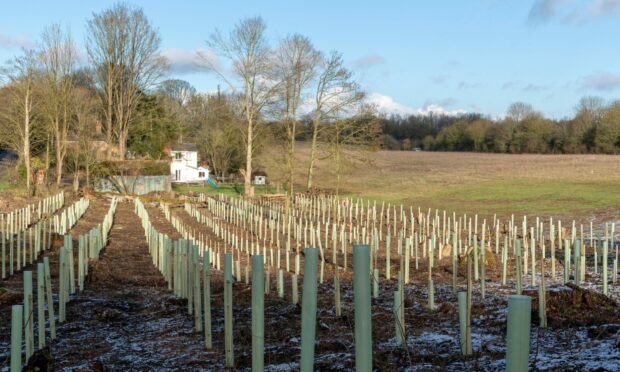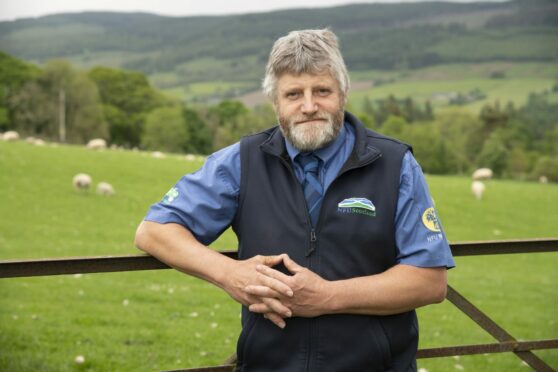The “gold rush” by non-farming investors for tree-planting land could be slowed thanks to new measures being introduced to the rules for woodland planting schemes.
Changes to the Woodland Carbon Code announced by Scottish Forestry follow the rapid growth in the carbon credits market which has seen Scottish land values soar amid concerns grow over “greenwashing” by businesses.
Revised “additionality” tests have been introduced which aim to ensure any carbon sequestration will be over and above that which would have happened anyway, without a new project or activity
Environment Minister Mairi McAllan welcomed the measures and acknowledged that demand for carbon credits had been cited as one of the reasons for the high prices being paid for plantable land. She said the changes would keep the woodland carbon market in Scotland “robust and credible”.
“In the last two years over 500 new projects in Scotland have registered with the Woodland Carbon Code, a fourfold increase,” she said.
“It is natural for carbon standards to evolve as carbon markets develop. Tougher new tests under the Woodland Carbon Code will provide added assurance to investors, land managers and the public that carbon credits are reliable, credible and crucially, additional in our journey to Net Zero.
“The new tests will also encourage species diversity in woodlands, bringing benefits for biodiversity.”
NFU Scotland (NFUS) has been critical of the unprecedented increase in the non-agricultural investment in land which has taken values well beyond the reach of most farm businesses.
Union president Martin Kennedy said: “These changes to the carbon code seek to ensure that commercial, large-scale forestry projects are justified by timber production and timber markets rather than supporting those businesses looking to recoup land investment costs through carbon credits.
“Long term timber production for timber products is absolutely justifiable. However, timber production that takes out food producing land for either the failings of other industries to address their own emissions reduction, or to burn as biomass makes absolutely no sense at all from a climate change mitigation point of view.
“The debate around carbon is intensifying and NFUS is preparing its submission to the UK Government’s current consultation on Developing the UK emissions trading scheme (UK ETS) which examines the use of carbon calculators, the role of carbon sequestration, and how a carbon trading market for agriculture could work as part of a wider framework for emissions trading.”


